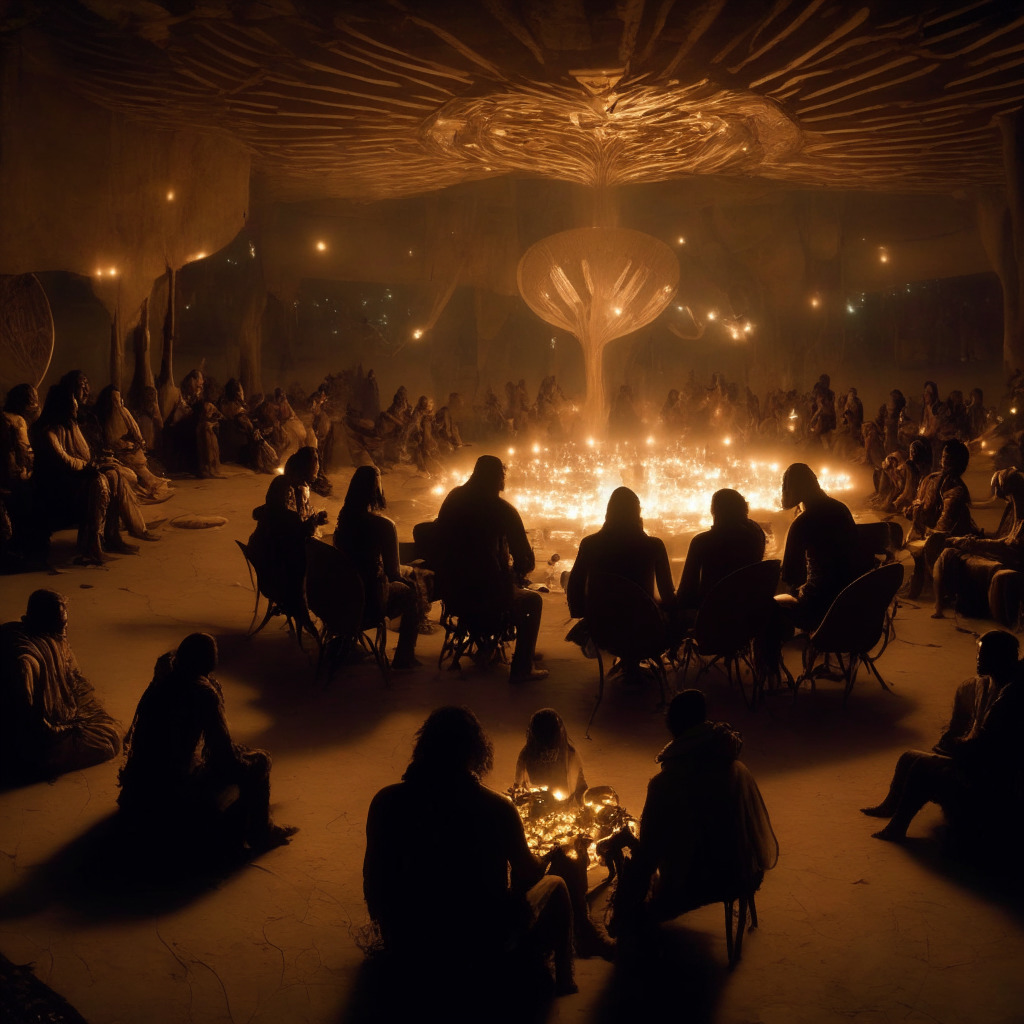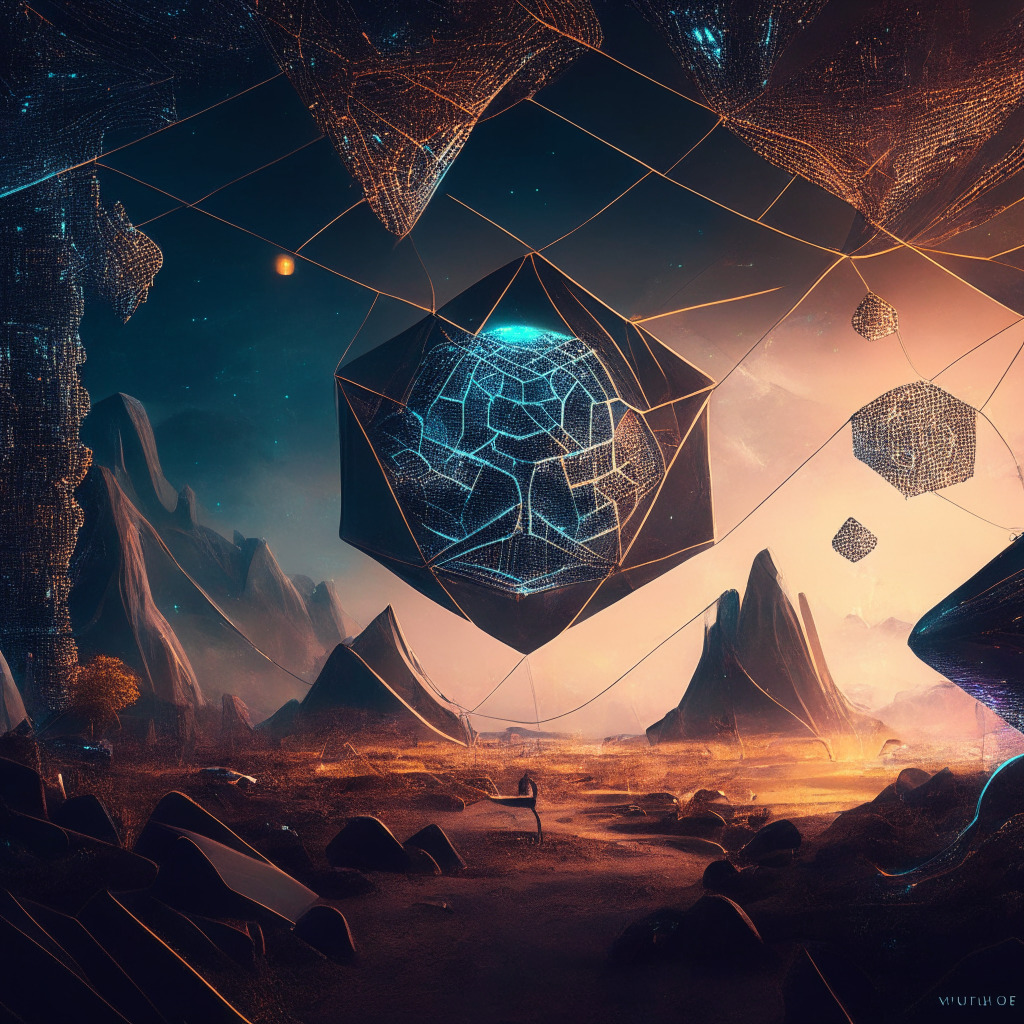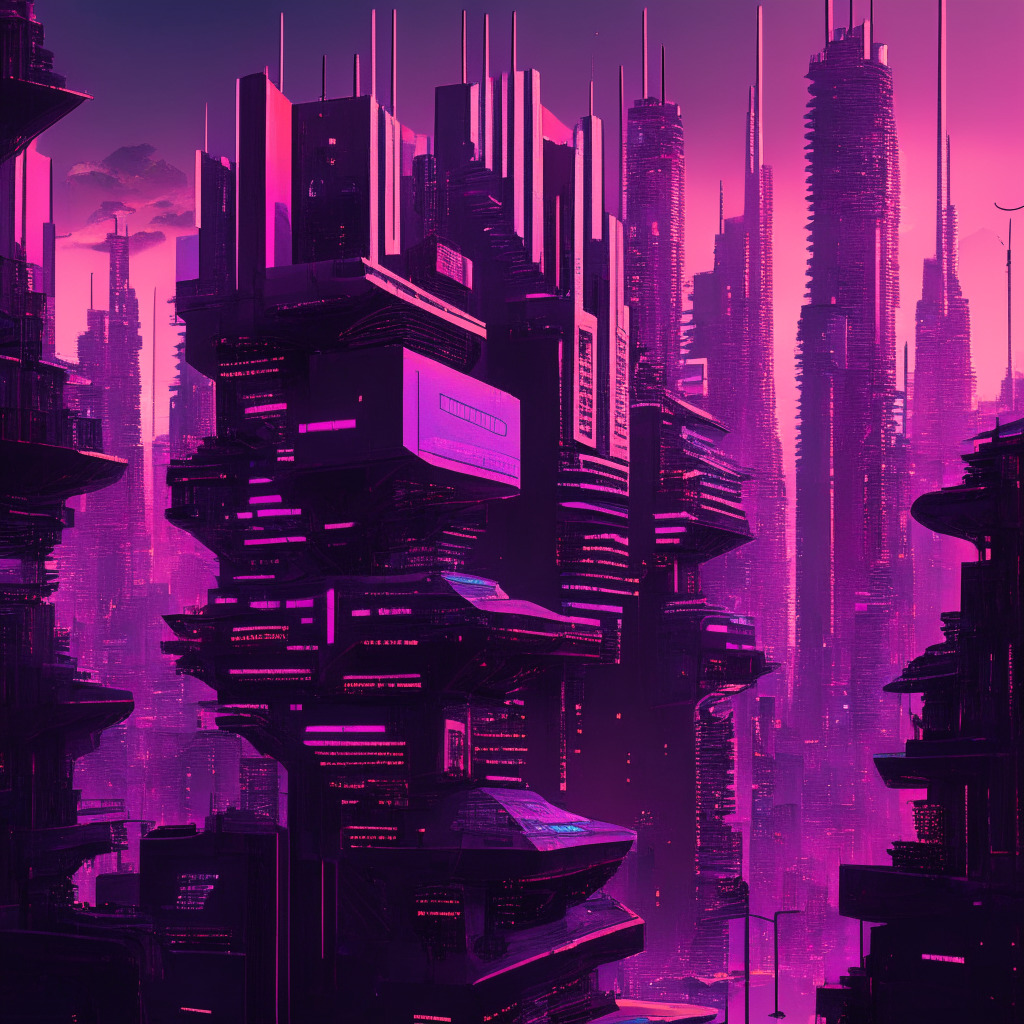Decentralized Autonomous Organizations (DAOs) have been making rounds in crypto circles, however, they often seem mystifying to the uninitiated. To unlock their full potential and reach a broader audience, DAOs need to simplify their missions and governance structures. Examples from the world like Burning Man, the renowned annual event, might provide a useful blueprint.
DAOs, at their core, are organizations that are governed by their community. They are digital entities that operate based on predefined rules, somewhat like automated businesses that run without human interference. But while DAOs offer promising futures in autonomy and decentralized control, their adoption outside the crypto space has been versed with confusion and apprehension.
Burning Man, on the other hand, represents a unique decentralized community that operates somewhat like a DAO, albeit a DAO that predates the crypto movement. Its draw has always been simple – an escape from traditional societies to an alternative where money doesn’t rule.
This brings us to a speculative idea: Could DAOs draw from the Burning Man model of a centrally planned but decentralized governance system? Perhaps DAOs don’t always have to be fully decentralized. Many DAOs, such as Ukraine DAO and VitaDAO already operate with a somewhat similar structure. This model allows for an overarching council making major decisions while sections of the organization enjoy operational autonomy much like the camps at Burning Man.
This hybrid model, marrying central planning with decentralized governance, could be key to broader acceptance and adoption. This approach might allow DAOs to branch out and gain recognition outside the crypto sphere.
Consider Burning Man, a physical manifestation of a “network state” as defined by Balaji Srinivasan. This concept is defined as a highly aligned online community with collective action potential. Now, if DAOs were to model after Burning Man’s philosophy, namely the power of ideas and the escape from traditional society, could they not succeed similarly or beyond?
Why not make crypto more of a “back-end” component, simplifying understanding of DAO technology? If DAOs were better integrated into the physical world, it could help foster broader appeal. DAO-backed festivals could be the inception point, helping these organizations transcend the crypto industry and evolve into thriving examples of what future communities can be.
This however, does not diminish the complexities surrounding DAOs. Bumps along the road will be inevitable. But with a touch of magic from initiatives like Burning Man, DAOs might just get the attention they deserve. This could ultimately lead to better roads connecting crypto and DAOs to the rest of the world.
In essence, the success of DAOs might just hinge on their ability to breaking away from their crypto rigidity, learning from proven community models like Burning Man, and adapting to their lessons. Crafting a DAO model that transcends the crypto industry could be the leap needed to gaining mainstream adoption.
Source: Cointelegraph




